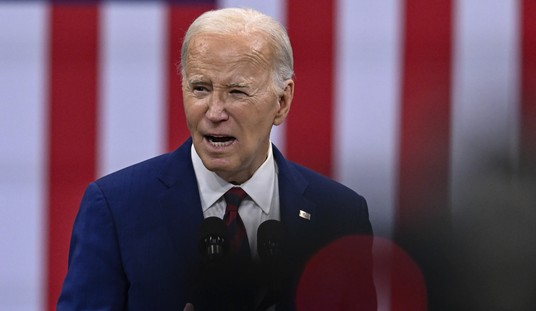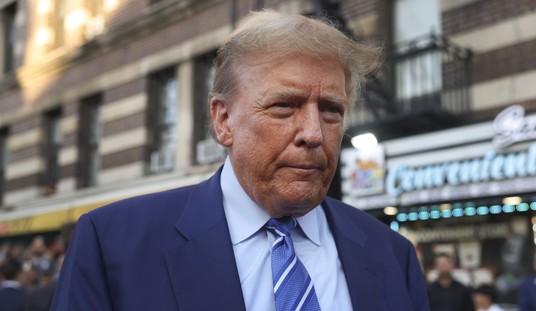"Crucially," a reporter asked him, "what happens if the U.K. does decide in June to leave the European Union?"
Obama prefaced his answer by rationalizing his intervention in the internal politics of this longtime democratic ally.
"Let me repeat, this is a decision for the people of the United Kingdom to make," he said. "I'm not coming here to fix any votes. I'm not casting a vote myself. I'm offering my opinion. And, in democracies, everybody should want more information, not less. And you shouldn't be afraid to hear an argument being made.
"That's not a threat," Obama said.
Then he delivered one.
"I figured you might want to hear it from the president of the United States, what I think the United States is going to do," Obama said. "And on that matter, for example, I think it's fair to say that maybe some point down the line, there might be a U.K.-U.S. trade agreement. But it's not going to happen anytime soon, because our focus is in negotiating with a big bloc, the European Union, to get a trade agreement done, and the U.K. is going to be in the back of the queue."
That presumably would be somewhere behind not only the other 27 nations remaining in the EU but also the Socialist Republic of Vietnam -- one of the countries Obama has included in the Trans-Pacific Partnership trade deal he wants the current Republican-controlled Congress to approve.
Two months after Obama's visit, 52 percent of the voters in the U.K. rejected his advice. They voted to leave the EU and to preserve their national sovereignty.
Recommended
The next day, Prime Minster Cameron announced he would be resigning.
Obama must leave office in January, when his term expires.
So what should the United States do about its trade relationship with a U.K. that is leaving the EU?
What should a merchant do when one of its best and most trustworthy customers -- and one of its oldest and closest friends -- shows up at the door? Open it? Or close it?
The United Kingdom, according to the official data published by the U.S. Census Bureau, leads all European nations -- in and out of the EU -- in purchasing American goods.
In 2015, the dollar value of U.S. goods exported to the United Kingdom was $56,114,600,000.
Germany, which has a larger population than the United Kingdom (80,854,408 to 64,088,222), was the second biggest European customer of American goods in 2015. But it took in only $49,970,800,000 in U.S. exports.
And while the United States imported $57,962,300,000 in goods from the U.K., resulting in a modest bilateral merchandise trade deficit of $1,847,600,000, the U.S. imported $124,820,500,000 in German goods, resulting in a $74,849,700,000 merchandise trade deficit with that country.
The U.S. merchandise trade deficit with Germany was about 40 times larger than that with the U.K.
Yet, the United Kingdom and Germany have certain things in common other than having been joined -- until now -- in the European Union. They are both democratic countries with relatively free economies.
In the 2016 Index of Economic Freedom, published by the Heritage Foundation and the Wall Street Journal, the United Kingdom ranked 10th in the world in economic freedom (just ahead of the United States) and Germany ranked seventeenth. Both were rated "mostly free."
Obama's would-be TPP "free trade" partner Vietnam, which is still run by the Communist Party, ranked 131st and was rated "mostly unfree."
In 2015, the U.S. ran a $30,932,200,000 bilateral merchandise trade deficit with Vietnam -- while Vietnam took in only $7,087,500,000 in U.S. goods.
That is about one-eighth of the $56,114,600,000 in goods the U.K. bought from us.
Sen. Mike Lee of Utah and Sen. Tom Cotton of Arkansas have introduced the United Kingdom Trade and Continuity Act. It would require our government to maintain our interim economic relations with the U.K. as if they remained in the European Union and for the president to promptly begin negotiations for a post-Brexit bilateral trade deal with the United Kingdom.
This is the right thing to do. The purpose of any trade deal the United States makes should be to advance the interests of the American people -- to protect our freedom and prosperity. That can most readily done by making deals with nations that have established systems of government that are both politically and economically free.
The United Kingdom is at the top of that list.

























Join the conversation as a VIP Member